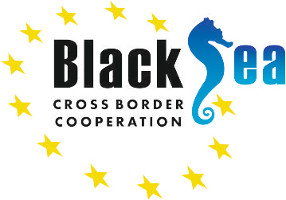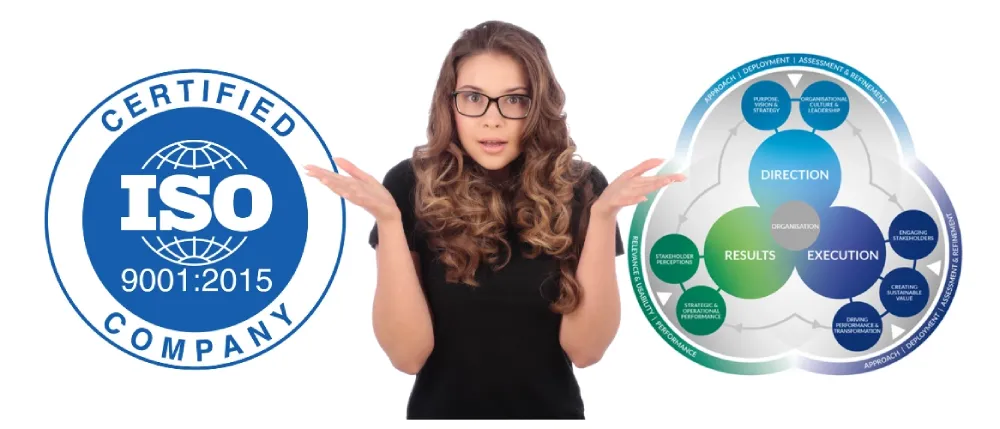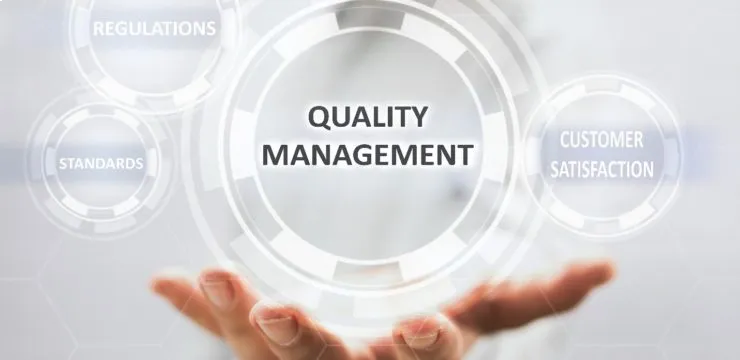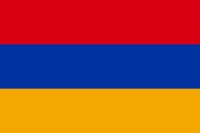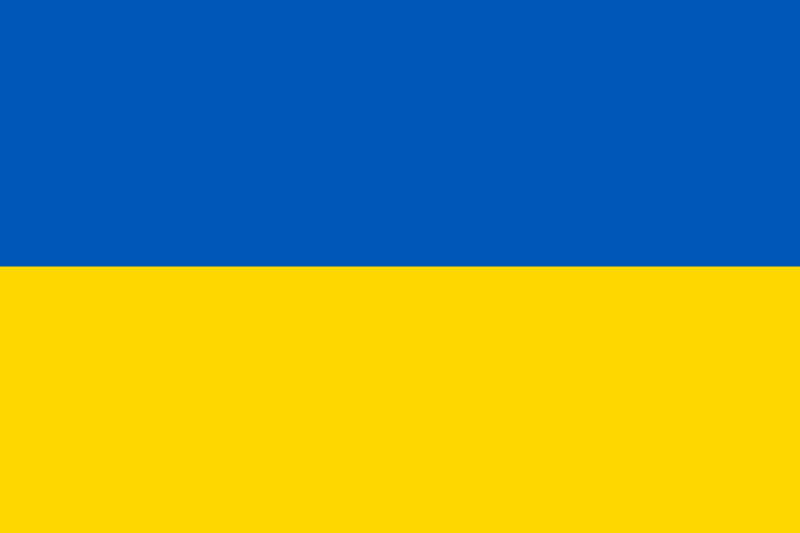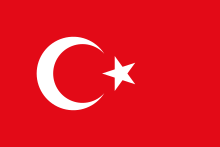The EFQM Excellence Model is currently the most successful European model for quality in business. In order to understand the thought behind the EFQM Model, it is very important to understand the RADAR tool (self-assessment tool) that EFQM uses.
RADAR stands for Results, Approaches, Deployment, Assessment and Refinement.
RADAR supports not only the EFQM Model itself, but also helps organizations find out their current strengths, opportunities and weaknesses in their current way of working. More specifically, the RADAR defines the results of a certain strategy (results), determines what operations have to be worked on to get to the result (approaches), supplies the operations with the needed material (deployment), benchmarks (assessment) and readjusts the operations in order to get to the desired result (refinement).
RADAR is a Tool for Exceptional Performance
The RADAR tool is the essence of the EFQM Model, measuring the success of efforts to improve performance. RADAR considers that an organization must:
- Establish the Results it wants to achieve in the process of developing its own policies and strategies. The results refer to the performance of the organization, both financial and operational, and the perception of all stakeholders;
- Plan and develop an integrated set of robust Approaches to make it possible to achieve predetermined results;
- Deploy approaches in a systematic way at all levels of the organization;
- Assess and Review the approaches implemented by monitoring and analyzing the results obtained, as a result of the continuous learning process of the activities carried out. Based on evaluations, organizations need to identify, prioritize, plan and implement improvements deemed necessary. The EFQM Model of Excellence includes these essential concepts.

How RADAR works: The Role of SELF-EVALUATION
Successful implementation of the EFQM Model of Excellence requires a significant degree of commitment from and acceptance of quality management principles by the organizations. The RADAR concept involves a process of self-assessment in well defined areas of organizational and operational management. For each area, companies are encouraged to allocate appropriate weights to their own priorities.
The RADAR Instrument
RADAR means much more than a theoretical management model. RADAR is for identifying and monitoring the performance score. The RADAR tool is the basis for evaluation and provides internal reference data that allow top management to develop a successful strategy.
Using the EFQM Model which is focusing on “customer results”, the positive aspects and continuous quality improvement were identified and analyzed through the RADAR logic. In fact, quality management models are used based on the formulation of strategies for obtaining customer satisfaction by reporting quality to performance indicators.
So, what exactly is RADAR?
The EFQM RADAR assessment approach uses a type of balanced scorecard to encourage the assessor (or auditor) to ask a series of key questions, namely:
R. To what extent are results used to set targets for process performance?
A. To what extent is a clear approach (procedures for example) defined and understood?
D. To what extent is the approach deployed (i.e. does everyone follow the approach or is deployment patchy)?
A. To what extent is the process assessed (i.e. measurement that asks the question “is it working the way it should”)?
R. To what extent is the process reviewed? (i.e. a review of whether the overall approach is still relevant and suitable)?
Strengths of the RADAR approach
The key strengths of the RADAR approach are as follows:
- It forces the user to evaluate the big picture, where all elements are joined together, not just elements in isolation.
- It forces the user to evaluate the flow of the PDCA (Plan-Do-Check-Act) cycle through a process
- It actually STARTS by asking “to what extent does the process achieve its desired results (the first “R” in the acronym)
The last point is perhaps, the most critical, since it helps establish to what extent the process is achieving its goals.
RADAR, therefore, is the diagnostic tool that has been developed to help any organization to:
- Better manage its current way of working, and
- Diagnose its current strengths and opportunities for improvement.


